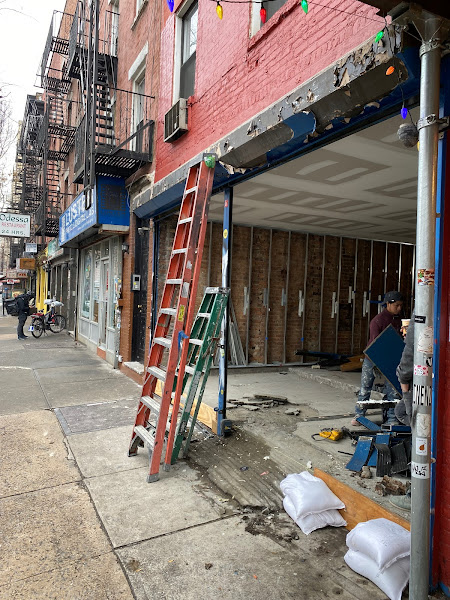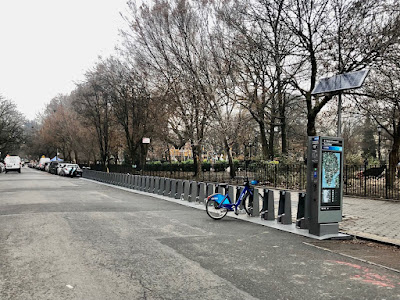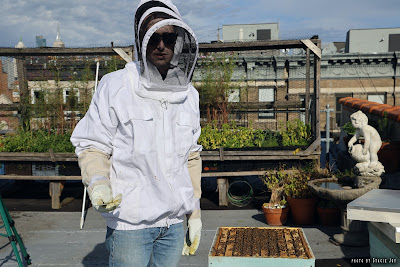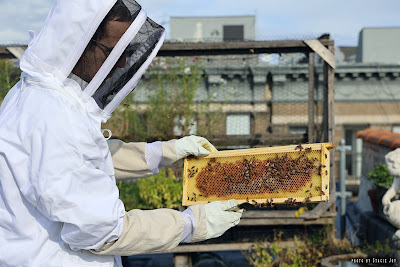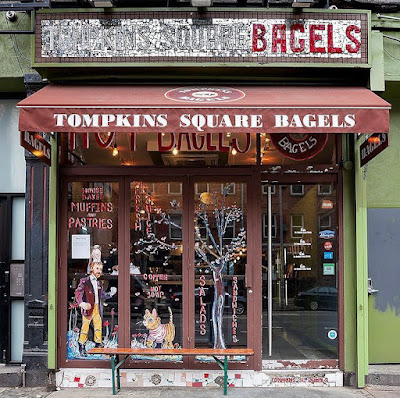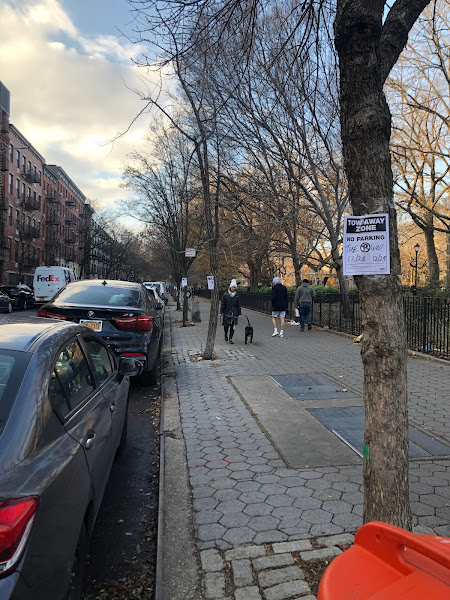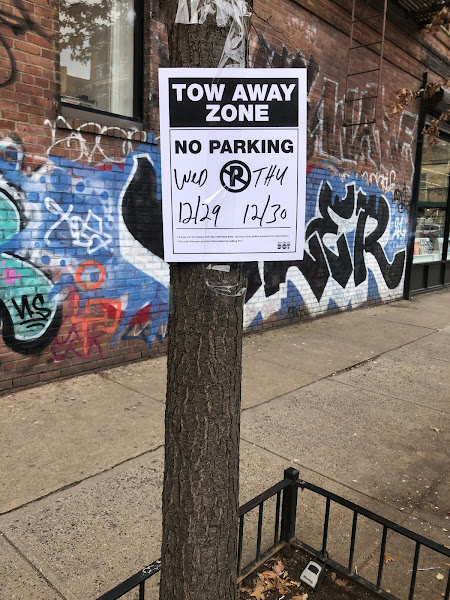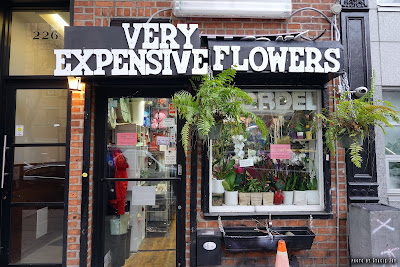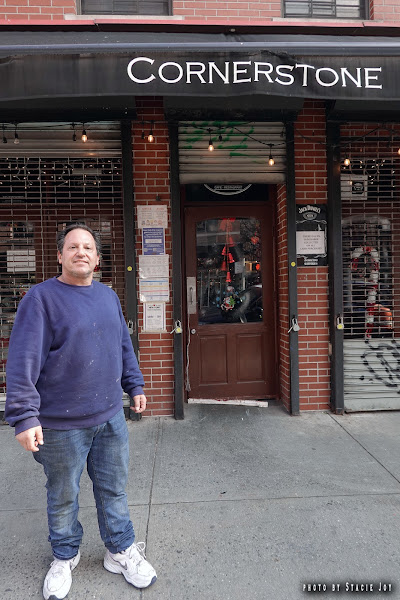Text and photos by Stacie Joy
I’m carrying an EpiPen to visit beekeeper Idan Cohen on East Third Street near Second Avenue. I’m hoping the bees won’t be able to tell I’m allergic. However, it’s all worth it to see the hives, bees and honey Idan tends on the rooftop of his building.
After some “getting to know you time” with the bees and rooftop garden, I head downstairs to watch Idan’s wife and kids sell the fall 2021 harvested honey to passersby and neighbors and learn more from the apiarist about the process of local honey-making.
How did you come to tend bees on the rooftop of your building?
I love cooking. It’s a passion that always leads me in search of local and fresh produce. That search brought me to build a rooftop farm on our building in the East Village eight years ago, producing most of the vegetables and herbs we consume in the summer.
A natural addition to the farm was beehives. I wanted to not only produce honey but also have my daughters learn about bees and how to care for them. Nothing would make me happier than to watch them gardening and beekeeping as adults.
What’s the beekeeping process like? How did you start, and how is this season’s harvest going?
The season starts in the spring when temperatures rise over 60 degrees, and the bees become more active. A lot of our work as beekeepers has to do with making sure the bees are happy and thriving and free of disease. That requires opening the hive every two weeks and making sure the queen is laying eggs, the workers are producing honey, and that the bees are pest and disease-free. If you help them stay healthy, they will do the rest.
You, your wife and your kids sell the honey on Third Street near Second Avenue from time to time. Aside from that, where can neighbors go to purchase the honey?
My daughters, Ellie (age 7) and Eve (4), wanted to share the honey with our neighborhood, so they decided to open a farmstand on sunny days and call it Made Up There Farms.
For those who missed us, you can reach out through my
Instagram account or through my wine and cider project at
wipwines.com, and we can set up a pickup.
We plan to add a third hive next spring and make natural mead — honey wine. I like the idea of drinking a hyperlocal wine made in the East Village from East Village flowers.


